#shropshire
Explore tagged Tumblr posts
Text










we climbed a big hill in Shropshire in Jan. Frosty views x
#frosty#hill#photographers on tumblr#shropshire#english countryside#landscape#January#winter#scenic#view#texture#nature photography#walk
24 notes
·
View notes
Text
7K notes
·
View notes
Link
#shropshire#luxury#happynew2020#sock garters#genderfuck#phoenix#say what#queerness#bi mlm#yuhbelkii#ian connor#persian
745 notes
·
View notes
Text

Camping beside an idyllic stream in the village of Llanfair Waterdine.
Shropshire, England
1987
#vintage camping#campfire light#england#shropshire#Llanfair Waterdine#history#camping#road trips#travel#backpacking#1980s
446 notes
·
View notes
Text
"In west England, a series of hills cloaked in heather and wildflowers are the target of a national restoration project that is already seeing success.
Similar to the story GNN reported on last week about the rewilding along the south coast and South Downs National Park, Sussex, volunteers are seeding old hay fields with native wildflowers and replanting traditional hedgerows to ensure wildlife can move freely through the region.
The region is called the Shropshire Hills, which by British law is designated an Area of Outstanding Natural Beauty, and is managed and controlled so this beauty can endure. But while the area is indeed beautiful, the valley between the sections of hills known as Long Mynd and Stiperstones has for decades been under heavy hay cultivation, with farmers plowing up meadows and planting fast-growing commodity grasses.
As part of a project by the UK’s National Trust called Stepping Stones, volunteers have been working with landowners and local councils to turn some of these meadows back over to the wildlife, creating corridors of habitat to allow species like the bilberry bumblebee, pine marten, and curlews to move freely from hilltop to valley floor and back to hilltop.
Charlie Bell, project manager for Stepping Stones, told the BBC that the project is one part of an overall mission that aims to restore 97% of meadows that have been lost in the UK over the last 100 years.
“Many old meadows have been plowed up and re-seeded with more productive mixes of grasses,” she told the national broadcaster. “Fertilizers are often added to increase the growth of these dominant productive grasses, at the expense of finer grass species and wildflowers.”
Jinlye Meadows, on the Long Mynd side of the valley, is now thriving with native wildflower species like mountain pansy, and volunteers have recorded the area is thriving with bilberry bumblebees which are rare and in decline.
In particular, the meadows were covered last year in yellow rattle, also known as the “meadowmaker,” a key part of Ms. Bell’s strategy for restoring meadows. This native species attaches itself to the roots of grasses, slowing, but not sabotaging, their growth. This allows not only the flower to grow, but space for all manner of other flowers to grow as the grasses’ growth is [slowed down]."
youtube
-Article via Good News Network, July 11, 2024. Video via NT Midlands, June 19, 2023.
#meadow#shropshire#england#uk#united kingdom#rewilding#nature#ecosystem restoration#conservation news#wildflowers#pansies#bees#bumblebees#good news#hope#Youtube#save the bees
551 notes
·
View notes
Text
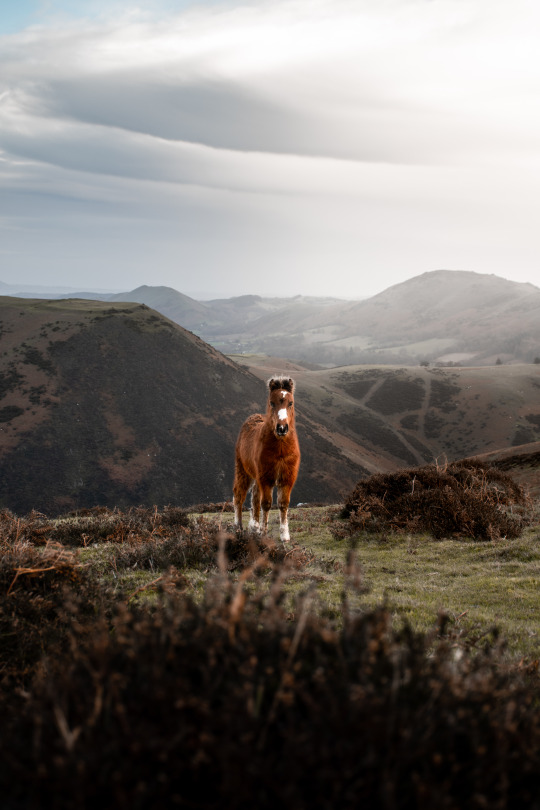
The sweetest young wild pony high up on the Long Mynd just before all the rain and sleet came howling through. Shropshire, UK
#alexmurison#nature#wildlife#pony#wild pony#shropshire#uk#travel#wandering#wander#wanderlust#explore#walking#explore more#wilderness#walk#hiking#adventure#lensblr#hills#cute#beautiful#landscape#photography#photographers on tumblr#original photography blog#nature photography#landscapes#mountains
822 notes
·
View notes
Text
on a mission:
10:07

11:00

11:21

11:29

11:39

79m/78g of s-spun and z-plied for amigurumi greatness!
60 notes
·
View notes
Text
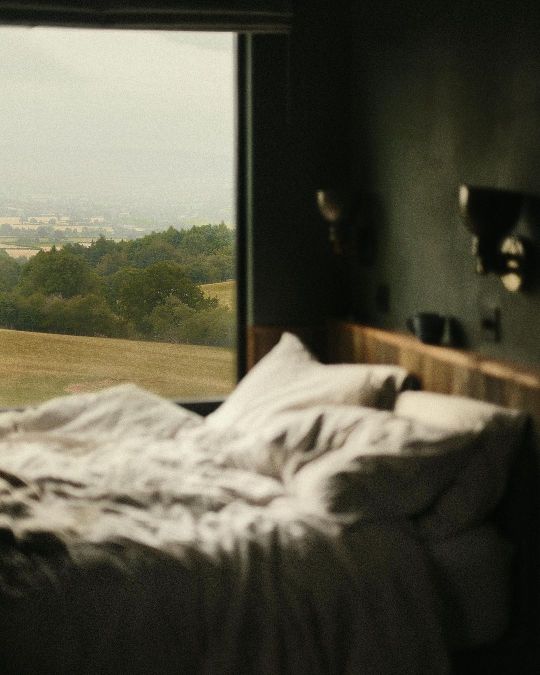

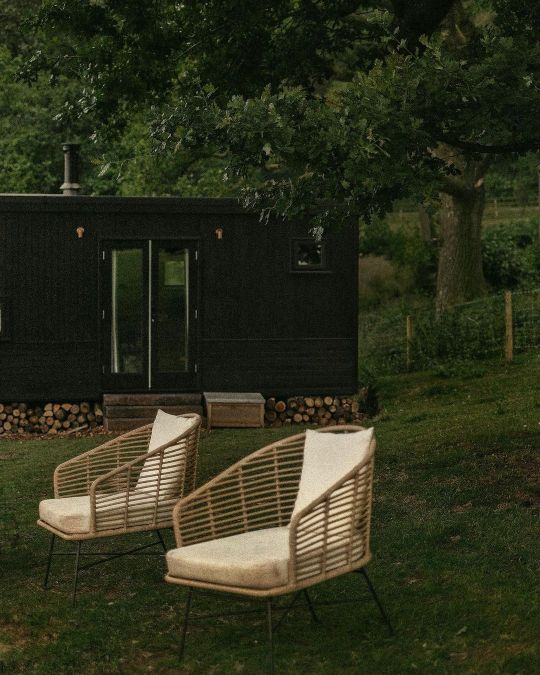


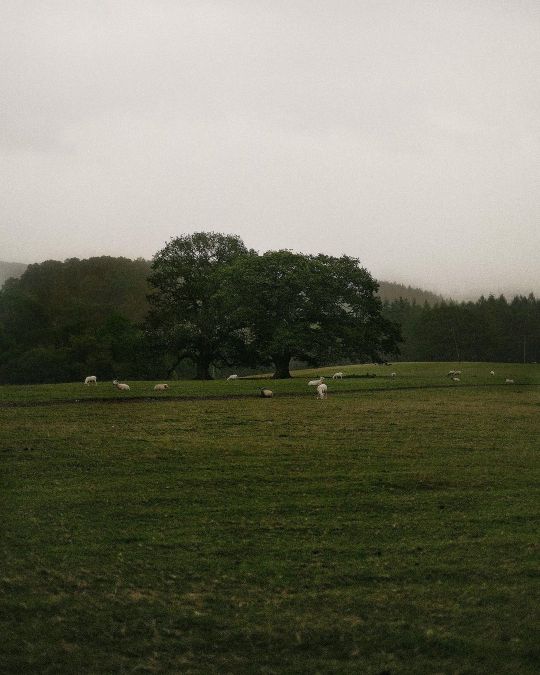
Instagram credit: polly.florence
#Shropshire#England#uk#united kingdom#nature aesthetic#nature vibes#bucolic#books#bookblr#nature#beautiful places#cabin#countryside#countryside life#cosy vibes#cosy aesthetic#cozy aesthetic
1K notes
·
View notes
Text


Ludlow Castle - Shropshire - England
Ludlow Castle is a ruined medieval fortification in the town of the same name in the English county of Shropshire, standing on a promontory overlooking the River Teme. The castle was probably founded by Walter de Lacy after the Norman Conquest and was one of the first stone castles to be built in England. During the civil war of the 12th century the castle changed hands several times between the de Lacys and rival claimants, and was further fortified with a Great Tower and a large outer bailey. In the mid-13th century, Ludlow was passed on to Geoffrey de Geneville, who rebuilt part of the inner bailey, and the castle played a part in the Second Barons' War. Roger Mortimer acquired the castle in 1301, further extending the internal complex of buildings. Richard, Duke of York, inherited the castle in 1425, and it became an important symbol of Yorkist authority during the Wars of the Roses. When Richard's son, Edward IV, seized the throne in 1461 it passed into the ownership of the Crown. Ludlow Castle was chosen as the seat of the Council of Wales and the Marches, effectively acting as the capital of Wales, and it was extensively renovated throughout the 16th century. By the 17th century the castle was luxuriously appointed, hosting cultural events such as the first performance of John Milton's masque Comus. Ludlow Castle was held by the Royalists during the English Civil War of the 1640s, until it was besieged and taken by a Parliamentarian army in 1646. The contents of the castle were sold off and a garrison was retained there for much of the interregnum. The Castle is open to the public and is under the care of English Heritage
55 notes
·
View notes
Text

Ludlow, Shropshire
#St Laurence Church#Ludlow#Shropshire#Church of England#UK#country towns#English countryside#Gothic architecture#mediaeval#parish church#lawns#bell tower#A E Housman
27 notes
·
View notes
Text

First go at growing a sunflower ☀️🙂
91 notes
·
View notes
Text



Atonement (2007)
#2007#gif#film#movie#WWII#Atonement#Keira Knightley#Cecilia Tallis#James McAvoy#Robbie Turner#Romola Garai#Saoirse Ronan#Briony Tallis#Briony#British Expeditionary Force#BEF#Stokesay Court#Onibury#Shropshire#England#Dunkirk#Dunqerque#France
74 notes
·
View notes
Text






A small town in Shropshire in winter
30 notes
·
View notes
Text

#shropshire#liminal#aesthetic#creepy#dark#eerie#shrewsbury#eeriecore#liminalcore#dark photography#liminal photography#train station#urban gothic#gothic photography#rural gothic
80 notes
·
View notes
Photo
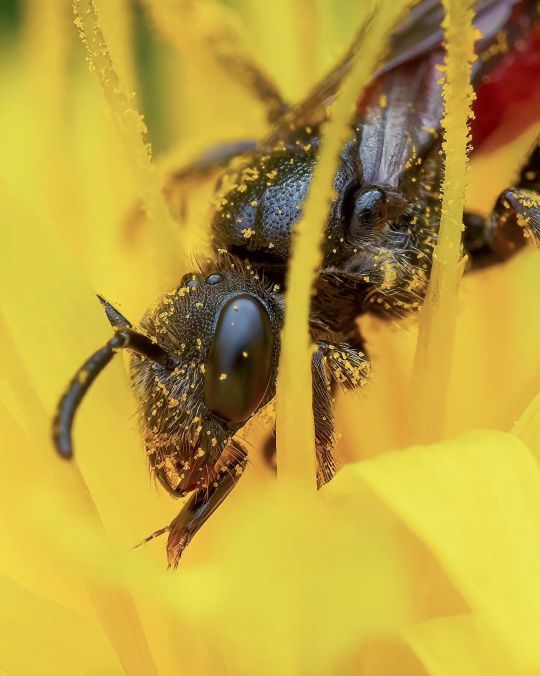
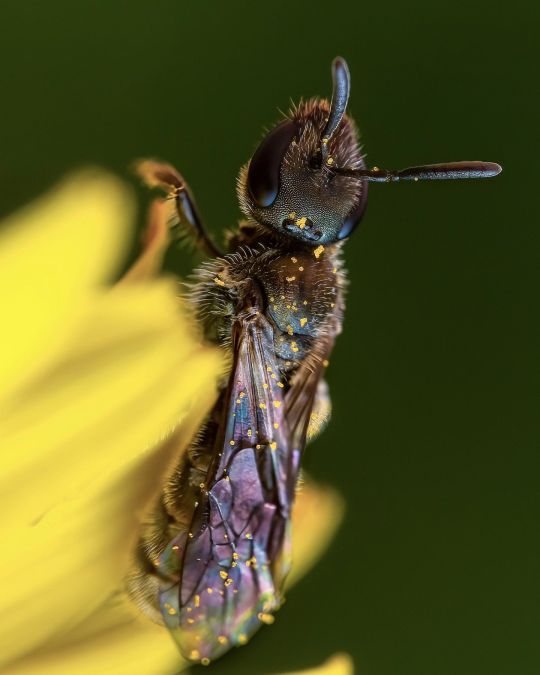
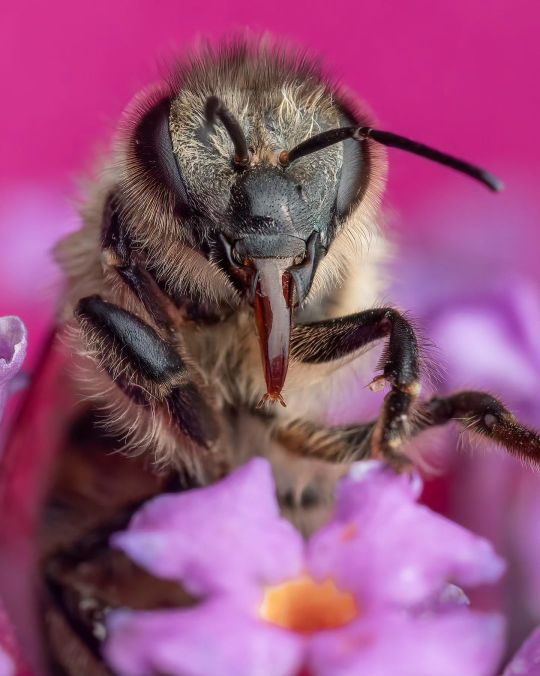
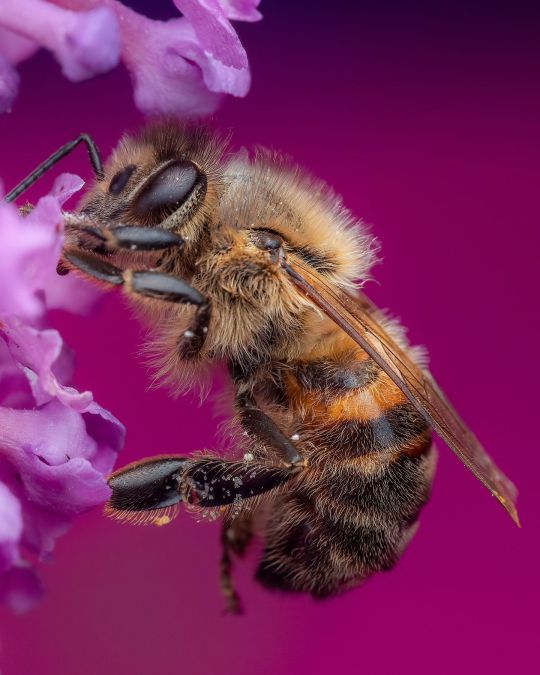
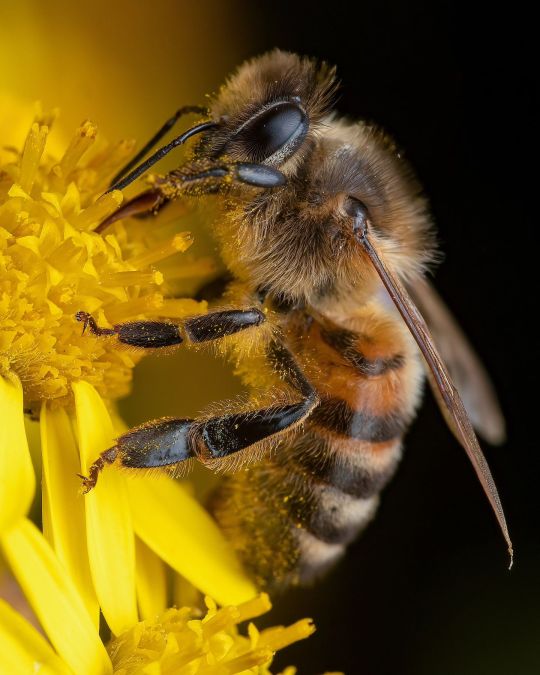
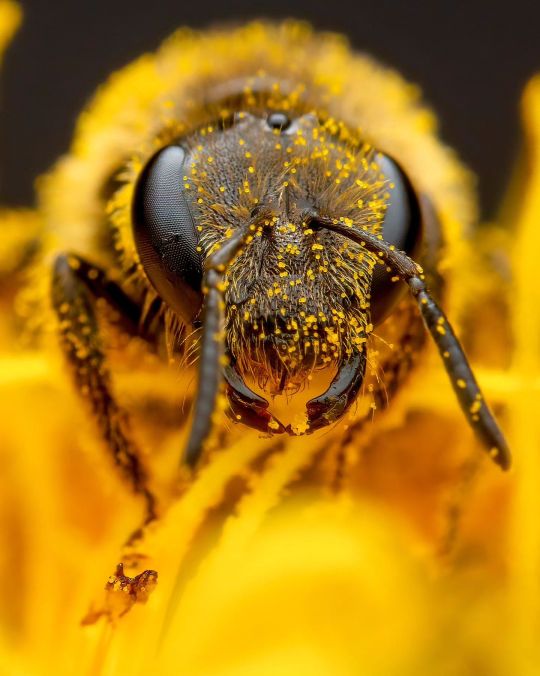

“ Honey Bees “ // Pete Burford
#Shropshire#United Kingdom#nature#macro#wildlife#insects#Honey Bee#aesthetics#wanderlust#explore#follow#discover
299 notes
·
View notes
Text




10 notes
·
View notes